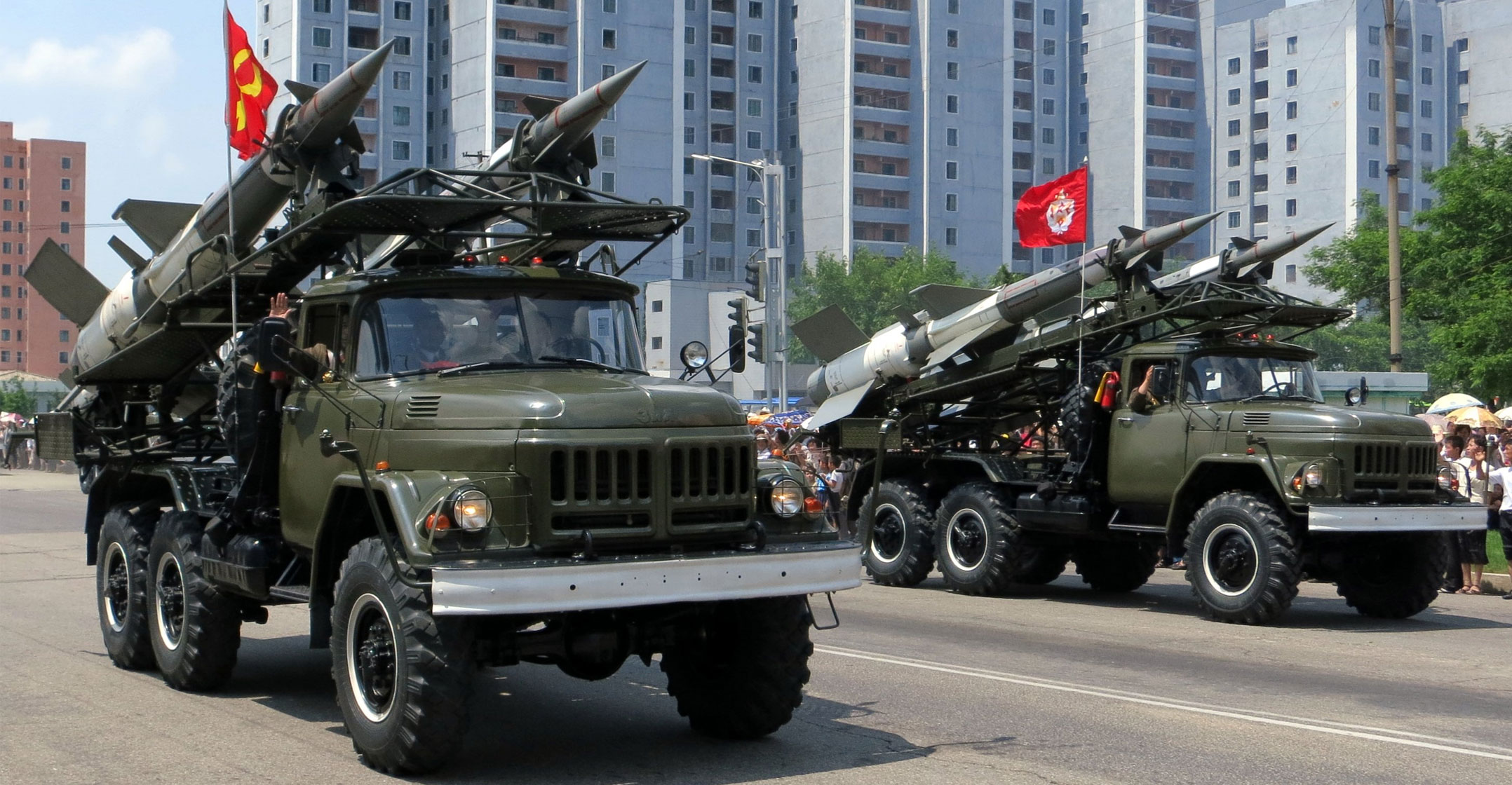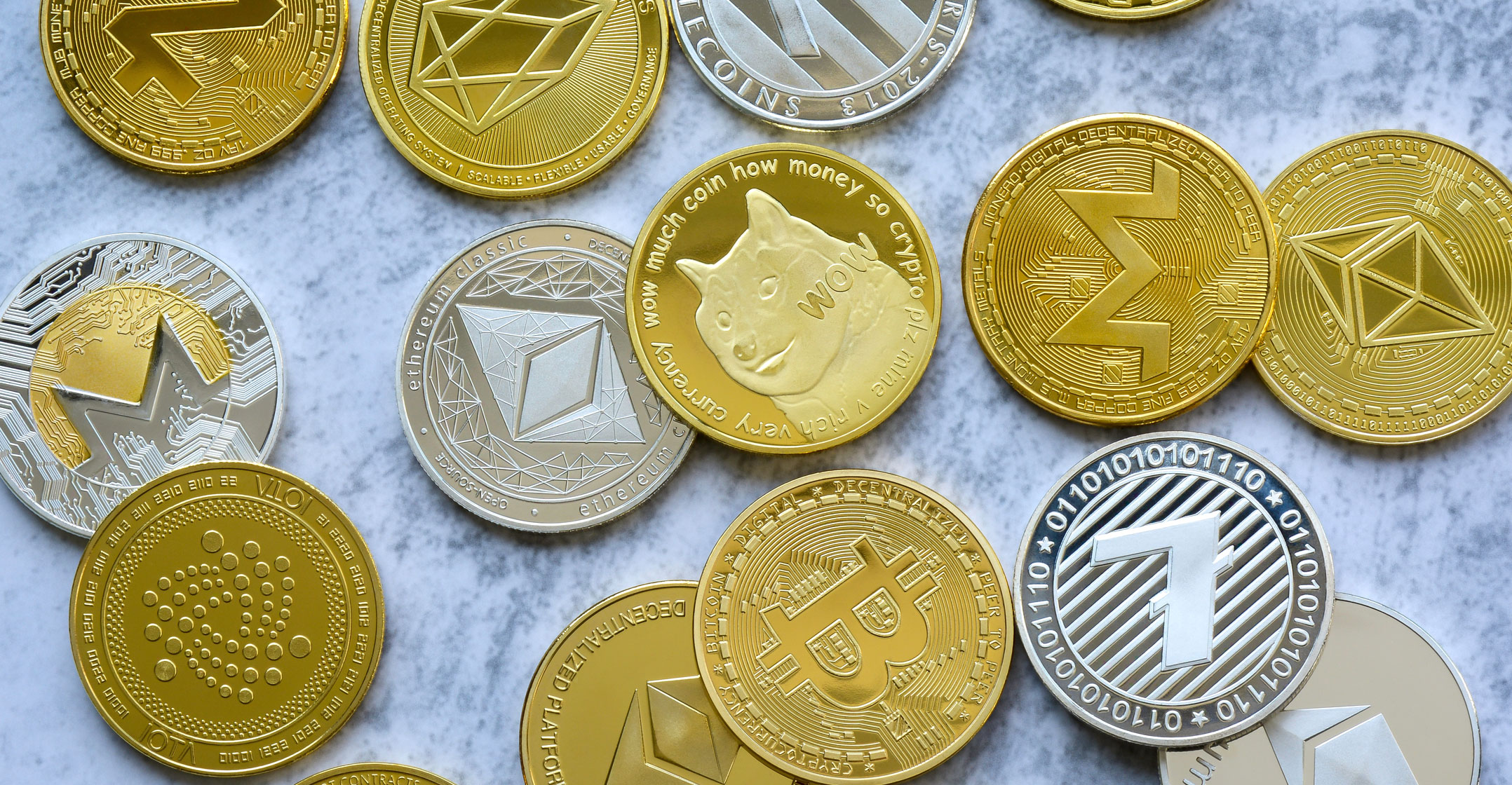
North Korea’s hacker army launched at least seven attacks on cryptocurrency platforms in 2021 that menaced global players and netted the reclusive state almost US$400-million worth of digital assets, a report said.
The haul marked a 40% increase from a year before, the report from blockchain research firm Chainalysis released on Thursday said, adding that the attacks primarily targeted investment firms and centralised exchanges.
“These behaviours, put together, paint a portrait of a nation that supports cryptocurrency-enabled crime on a massive scale,” it said.
Chainalysis’s conclusions underscore leader Kim Jong Un’s reliance on state-supported hackers. The US and the United Nations Security Council have said the country’s cybercrimes help finance North Korea’s nuclear arms programme and prop up an economy hobbled by global sanctions over atomic bomb and long-range missile tests.
The amount reported by the research group equals roughly 1.5% of North Korea’s economy in 2020 and would likely account for more than 10% of its annual military budget. The money North Korea gets from cybercrimes helps it “fund government priorities, such as its nuclear and missile programme”, the US Office of the Director of National Intelligence said in an unclassified report in 2021.
Chainalysis said North Korea made use of phishing lures, code exploits, malware and advanced social engineering to siphon funds. “Once North Korea gained custody of the funds, they began a careful laundering process to cover up and cash out.”
Complexity
North Korea is stealing a growing variety of cryptocurrencies, the report said. This has increased the complexity of its money-laundering operations, which have grown more cautious with each passing year, it added.
The report comes as North Korea ratcheted up pressure over sanctions, saying in a Friday dispatch from its foreign ministry that it would unleash “stronger and certain reaction”, if the US tried to impose more economic pressure.
After North Korea conducted two tests this month of a new hypersonic missile system designed to use high speeds and manoeuvrability to evade US interceptors, the US treasury department designated five North Koreans living overseas — one in Russia and four in China — for aiding the country’s nuclear weapons and ballistic missile programmes.
 Kim has shown little interest in the US’s calls to return to nuclear disarmament talks that have stalled for nearly three years. The Biden administration has indicated it could offer financial rewards in return for verifiable disarmament steps.
Kim has shown little interest in the US’s calls to return to nuclear disarmament talks that have stalled for nearly three years. The Biden administration has indicated it could offer financial rewards in return for verifiable disarmament steps.
The North Korean regime has tried to fill its coffers through two main avenues of sanctions dodging, the US and United Nations have said. The first is cybercrime. The other is the ship-to-ship transfer of commodities such as coal: a North Korean vessel will shift its cargo to another vessel, or the other way around, and both vessels typically try to cloak their identity.
At present, North Korea has more than 6 000 members in its cyber warfare guidance unit, also known as Bureau 121, according to assessments in US and South Korean unclassified defence reports.
The US government has been going after alleged North Korean agents, filing criminal complaints against people who, it says, illegally obtained confidential data from Sony Pictures Entertainment in 2014 and stole $81-million from Bangladesh’s central bank in 2016. North Korea has denied any involvement in those hacks. — Jon Herskovitz, (c) 2022 Bloomberg LP




